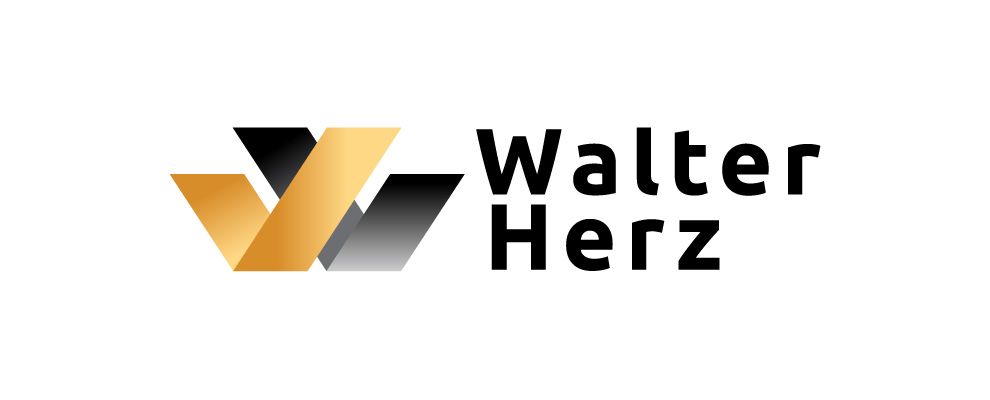Optimal office. Myths vs. reality

Walter Herz’s Tenant Academy launches a series of free webinars on April 25th, 2024, entitled - Optimal office. Myths vs. reality.
This year's inaugural edition of training includes 4 online meetings discussing the dynamically changing situation on the office market in Poland, methods of designing economically effective work spaces and methods of optimizing office maintenance costs.
The meetings are scheduled from April 25th, 2024 to June 6th, 2024. Walter Herz invites management teams and everyone interested in changes in the office sector, new standards in office layout and methods of managing space operating costs to participate in webinars.
During the spring trainings attendees will discover how to transform the office into inspiring space for employees, which is both cost-effective and suitable for the new work system. There will be no shortage of discussion topics, ranging from innovative cost management strategies that challenge conventional thinking to revealing the most common mistakes encountered in office planning and design.
The June wrap-up event, titled "25 trends that will change your office in 2025" will delve into market trends shaping office space, set out by, among others, the latest technological solutions and sustainable development standards.
The upcoming series of webinars, moderated by Walter Herz experts, will feature speakers from such renowned companies as Helikon, Ilnedro, Workplace, Impronta, DECISIVE Szmigiel Papros Gregorczyk, ISS and Brill AV Media.
Trainings organized by Walter Herz as part of an original educational project - Tenant Academy since 2017, have provided a unique opportunity to gain knowledge about the future and developmental trajectories of the sector, as well as the changing forces shaping the office space market in Poland.
The training program is based on the extensive knowledge of Walter Herz specialists and collaborating partners, as well as the exchange of insights among the participants themselves. To date, the project has facilitated around 60 training sessions, both in-person and through webinars.








